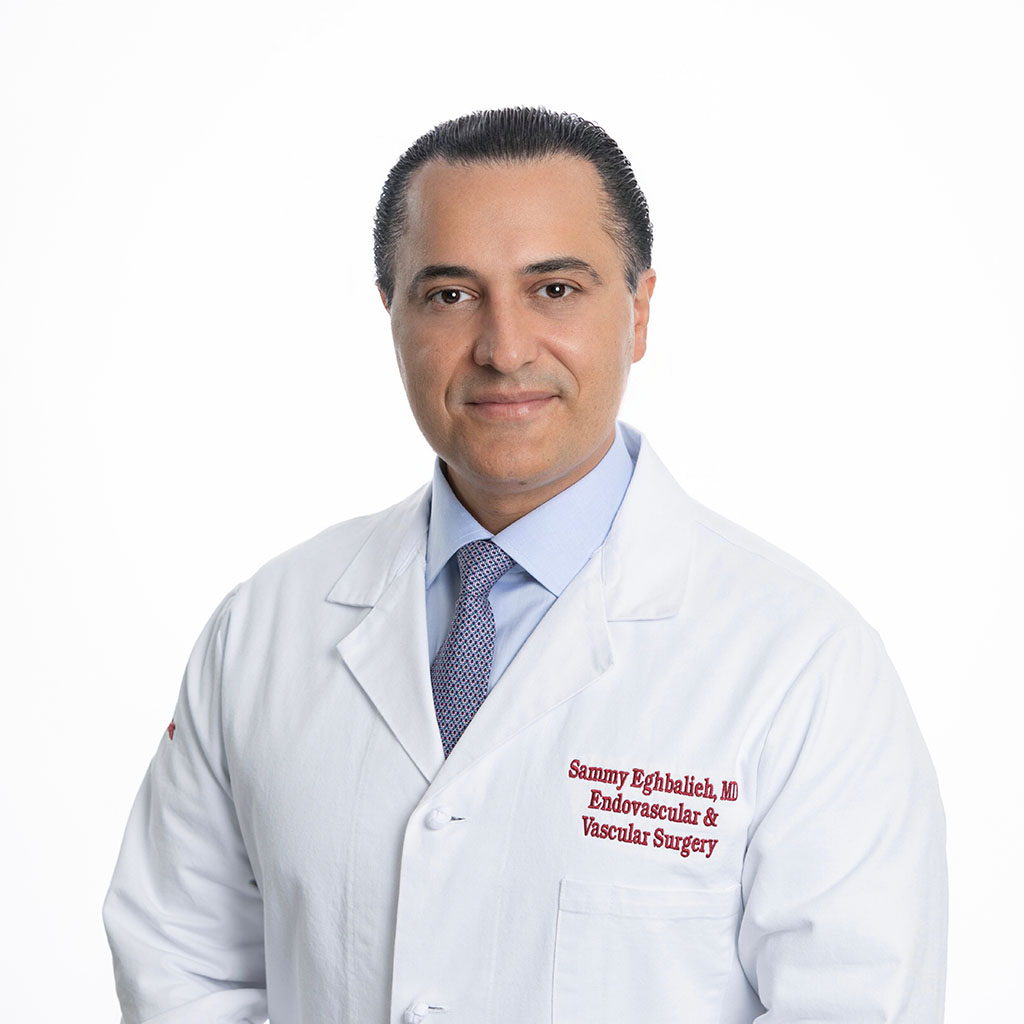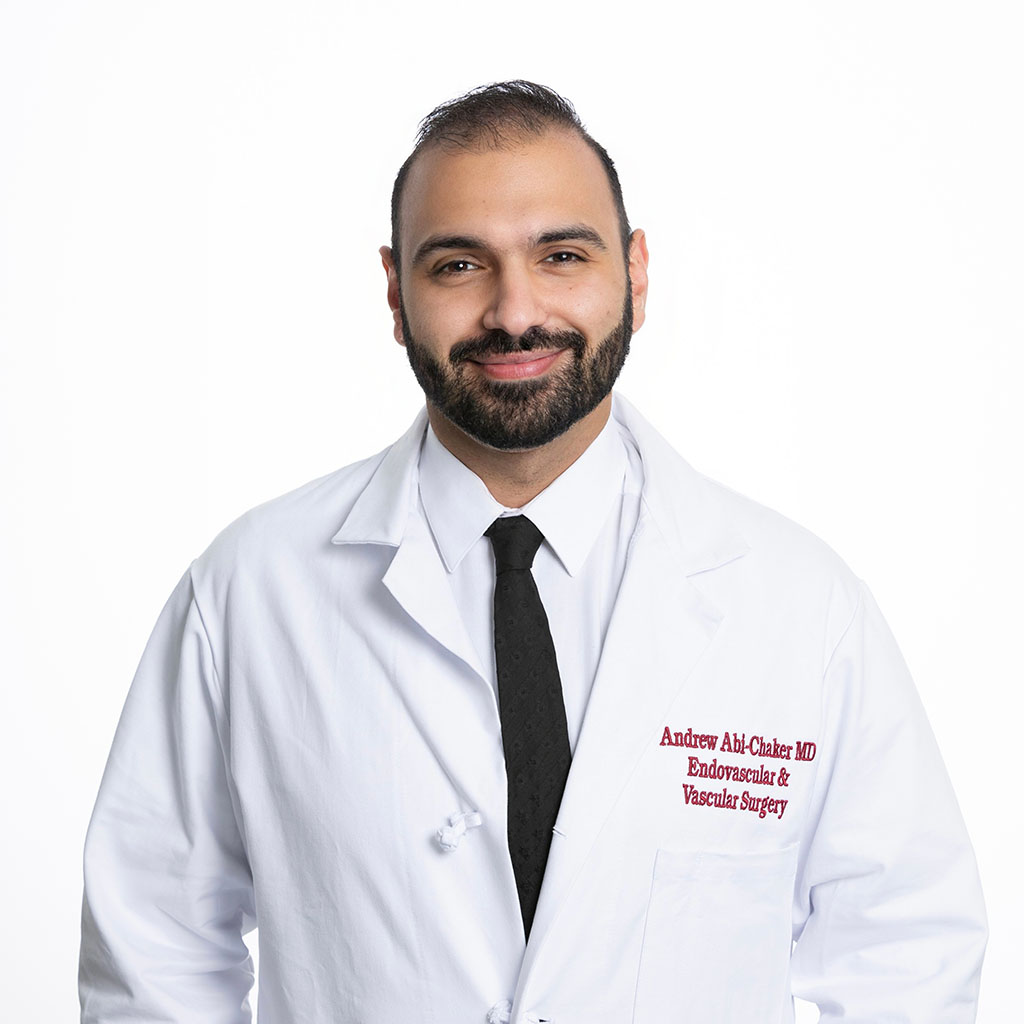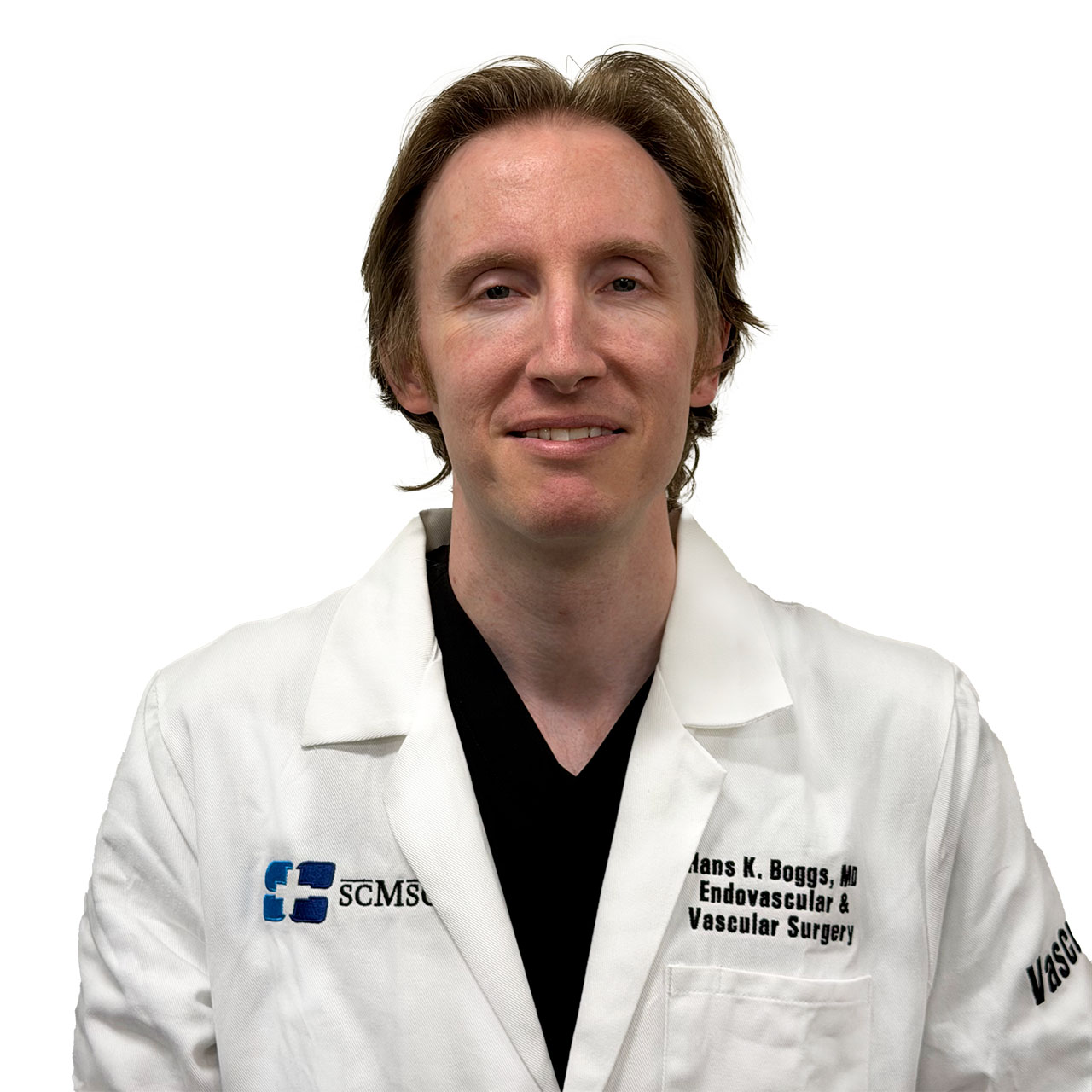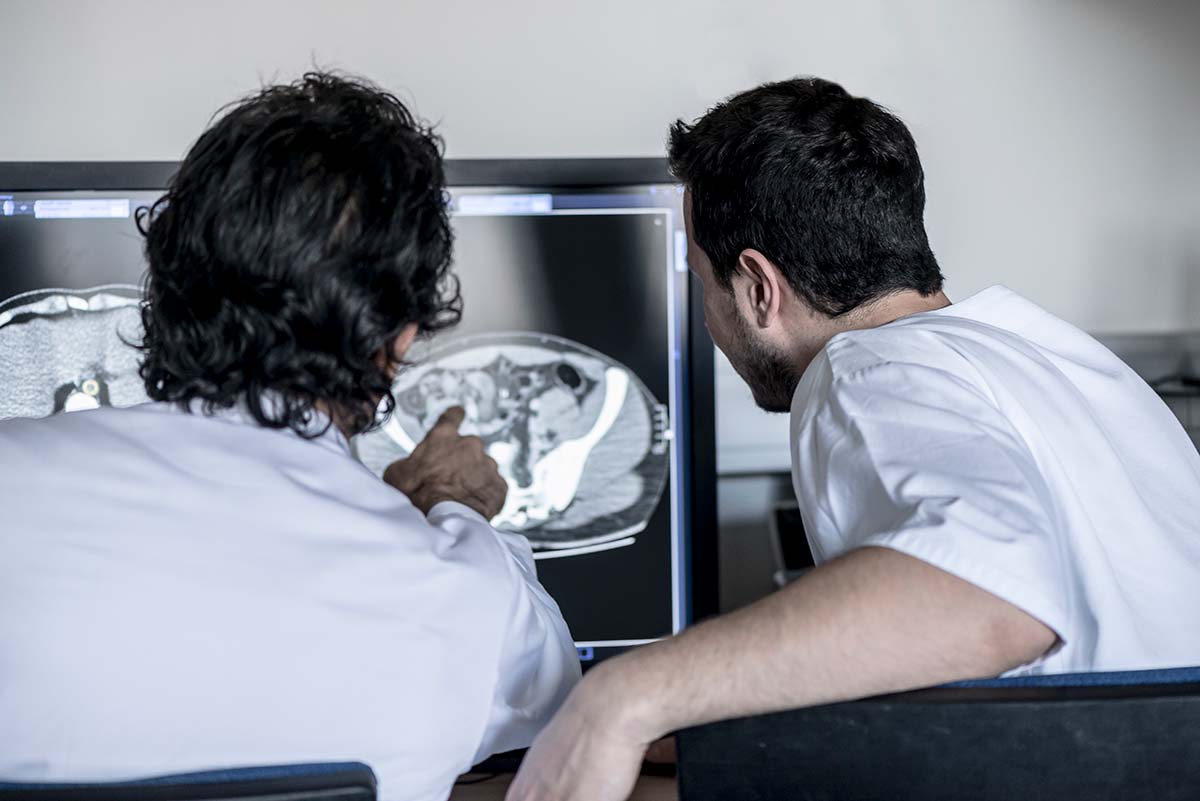What is the Subclavian Artery?
When this artery becomes blocked it can cause the flow of blood to reverse and “steal” blood flow from your vertebral artery by diverting it to the arm and limiting blood flow to your cerebral circulation.
Subclavian Steal Syndrome Q & A
What are the risk factors for SSS?
- Atherosclerosis The depositing of plaque and fatty material onto the wall of the artery.
- Thoracic Outlet Syndrome (TOS) The compression of an artery by the collarbone sometimes leading to a bulge or aneurysm.
- Coronary artery IMA bypass graft Surgery that restores blood flow to a part of the heart.
- Takayasu’s arteritis A rare inflammation of the walls of the main arteries of the body.
- Presence of cervical rib An extra rib that forms above the first rib.
- Anatomical abnormalities
- Following surgical repair of coarctation of the aorta
What are the symptoms of SSS?
The following are the most common symptoms reported for SSS:
- Fainting or the sensation you are going to faint
- Dizziness
- Blurred vision
- Vertigo
- Hearing loss
- Arm pain, fatigue, numbness during arm movement or exercise
- Memory problems
- Hands showing circulatory problems
- Angina (coronary IMA bypass graft patients)
- Blood pressure difference between subclavian artery and vertebral artery
Treatment Options for Subclavian Steal Syndrome (SSS)
In addition to a physical examination, your doctor may use a variety of non-invasive tests to diagnose you with subclavian steal syndrome including ultrasound, MRA or CTA.
Patients with no symptoms and mild to moderate disease may be managed with medical therapy, lifestyle modifications and regular monitoring follow-up; however, if you present with more severe and highly symptomatic subclavian steal syndrome, you may require surgical intervention. Drs. Eghbalieh and Abi-Chaker have specialized training to treat subclavian steal syndrome.
- Surgical carotid to subclavian bypass
- Endovascular stent and balloon angioplasty
To schedule an evaluation at Southern California Multi-Specialty Center, call 818-900-6480.
Our Vascular & Endovascular Surgeons
It's important to remember not all physicians are trained in advanced vascular and endovascular surgery. It’s a good practice to get multiple opinions and do research on the surgery and the physician.









